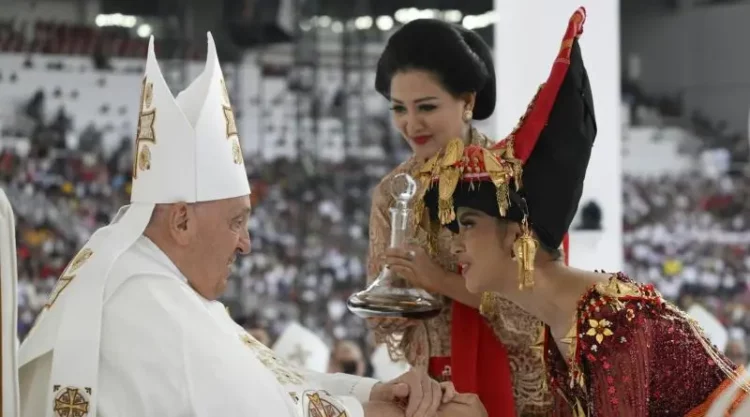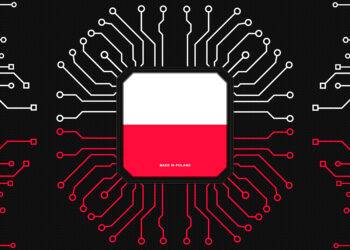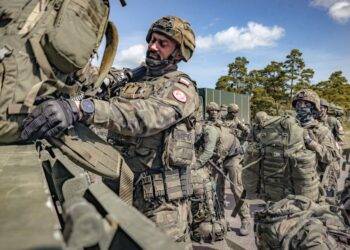In a heartfelt address delivered at Jakarta’s Cathedral of the Assumption, Pope Francis invoked the words of Polish Nobel laureate Wisława Szymborska, reflecting on the themes of fraternity and diversity. Speaking to a gathering of clergy and laypeople, the Pope emphasized the unique value of each individual, quoting Szymborska’s famous poem “Nothing Twice”: “We differ from each other like two drops of clear water.” This literary reference highlighted the Pope’s broader message of celebrating differences while embracing unity.
The occasion was part of the Pope’s broader pastoral visit to Indonesia, the largest Muslim-majority country in the world. His message resonated deeply in a nation known for its vast cultural and religious diversity, with Catholicism representing a small, but significant minority. During the speech, Francis reiterated the central theme of his visit: faith, fraternity, and compassion.
A Call for Embracing Diversity
In his speech, Pope Francis used Szymborska’s metaphor of water droplets to illustrate the beauty of human diversity. “No two drops of water are identical, just as no two brothers, even twins, are completely the same,” he said. The Pope highlighted that fraternity is about recognizing and accepting differences while maintaining equality in shared humanity.
Francis stressed that the Catholic Church in Indonesia is a beacon of openness, embracing diversity at cultural, ethnic, social, and religious levels. “This Church thrives by acknowledging and integrating the contributions of various groups, sharing its own heritage in return,” he added. His remarks underscored the Church’s mission to serve as a unifying force in a world increasingly marked by division and exclusion.
The Power of Unity
In his address, Francis took care to emphasize that sharing the Gospel should never be about imposing beliefs or creating conflict. Instead, he called for spreading the Christian message through the joy and friendship that come with faith. “In a world that is increasingly inclined towards division, imposition, and provocation, we must champion friendship and cooperation,” he said.
The Pope’s appeal for understanding and mutual respect was especially poignant in a nation like Indonesia, where various religions have coexisted for centuries. He reminded the audience that differences are not obstacles but opportunities for deeper connection and mutual growth.
A Gift from Poland
During his visit, Pope Francis received a touching gift from a Polish journalist: a photograph of war-torn Warsaw, taken during the Nazi invasion in September 1939. The image, which depicted the destruction of the Polish capital during World War II, moved the Pope profoundly. He blessed the photograph, holding it for several moments as a sign of reverence for Poland’s history and resilience.
The gift was a powerful reminder of Poland’s painful past, particularly as the country recently marked the 85th anniversary of the outbreak of World War II. The symbolic gesture also underscored the deep connection between the Pope and Poland, the homeland of the late Pope John Paul II, one of Francis’ most revered predecessors.
An Epic Journey
Pope Francis’ trip to Indonesia is part of an extensive tour of Southeast Asia, which also includes visits to Papua New Guinea, East Timor, and Singapore. This journey, covering over 33,000 kilometers, is the longest of his pontificate. Despite his age—87 years—and recent health challenges, the Vatican has reassured the public that the Pope remains in good health. As always, a medical team accompanies him on his travels.
While his journey may be long, the Pope’s messages of unity, respect, and compassion continue to resonate, especially in regions where diversity is both a blessing and a challenge. By drawing on the words of Wisława Szymborska, Pope Francis has once again demonstrated his deep respect for literature and its power to convey universal truths.


















